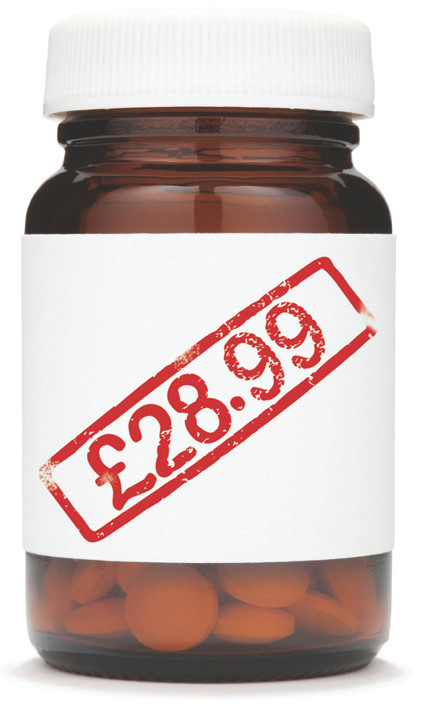Latest

Costs and consequences
In Latest
Record learning outcomes
Prescription medicines could soon come with price tags, but would this help save or increase NHS costs? Charlotte Rixon reports
 Secretary of State for Health Jeremy Hunt has unveiled plans to put price tags onto packs of prescription medicines in an attempt to save NHS costs by reducing medicines waste and improving adherence. It is estimated that 30 to 50 per cent of prescription drugs are not taken as intended, while £300 million is wasted on medicines each year, half of which is preventable.
Secretary of State for Health Jeremy Hunt has unveiled plans to put price tags onto packs of prescription medicines in an attempt to save NHS costs by reducing medicines waste and improving adherence. It is estimated that 30 to 50 per cent of prescription drugs are not taken as intended, while £300 million is wasted on medicines each year, half of which is preventable.
In a speech to the Local Government Association earlier this month, Mr Hunt proposed putting an “indicative price†onto medicines costing over £20 from next year, along with a stamp stating “funded by the UK taxpayerâ€. “This will not just reduce waste by reminding people of the cost of medicine, but also improve patient care by boosting adherence to drug regimes,†he said.
Unintended consequences
In response, both the Royal Pharmaceutical Society (RPS) and Pharmacy Voice have warned that price labels may have the unintended consequence of dissuading patients from taking their medicines, leading to more hospital admissions and ultimately increasing NHS costs. Pharmacy Voice said: “The value of a medicine to an individual is about a good deal more than the price. Research shows that some patients, particularly older people, could be deterred from taking the medicines they need because they are worried about the impact on the public purse.â€
Chair of the RPS English Pharmacy Board Sandra Gidley added that while knowledge of the cost may play a part in a patient’s decision to take their medicines, other factors were equally important, such as “people’s understanding of the side effects and benefits from medicines,†which can be addressed via one-to-one support from a pharmacist.
Rising prescriptions
The announcement coincides with a report from the Health and Social Care Information Centre (HSCIC), showing that over 1.06 billion prescription items were dispensed in the community in England last year – 34.5 million more items than in 2013, and over 50 per cent more than in 2004.
Despite prescription charges in England, nearly 90 per cent of prescriptions were dispensed free of charge in 2014, due to the ageing population and the increase in people living with long-term conditions.
